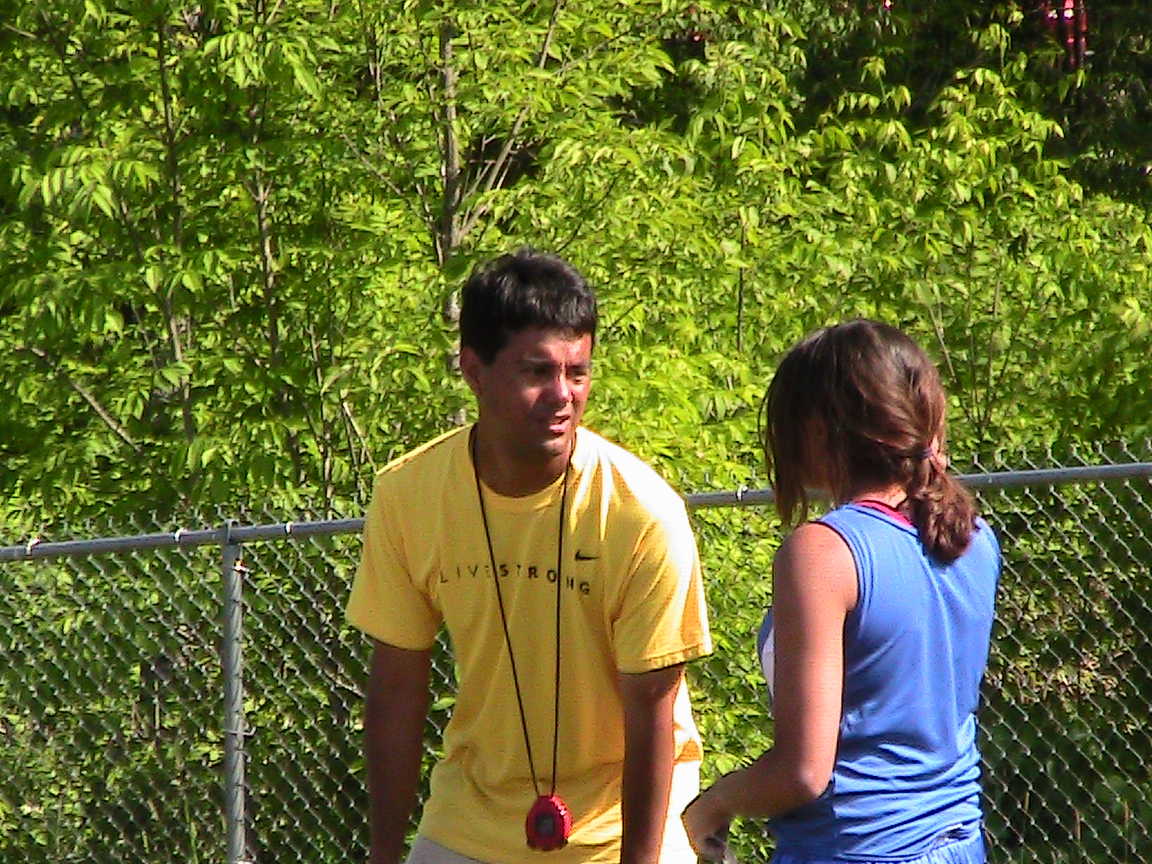Over the past few months I've faced my fair share of career rejections. It's not so much that I'm being personally "rejected" as that the hobbled economy is drying up many of my freelance, writing, and teaching opportunities. But it sure as heck feels the same. I could take all of the "no's" to heart and feel utterly defeated. And at times I do.
But for the most part I'm oddly buoyed. I'm the crazy (annoying?) sort of person who thinks rejection has an upside. I'm not gonna go all "the mysteries of the universe" on you - totally not my style - but from the POV of an observer of tons of rejection (just watch senior college students job search...), experiencer of plenty of my own (read: I'm a writer), and, as always, a consummate reader of the psych literature, I now offer you a 3-part series on rejection!
Today's lesson: there may be serendipity lurking in that turn down.
Serendipity? Isn't That a Bit Woo-woo?
I promised no "mysteries of the universe" and I go talking about serendipity right off the bat?
Well, yes. Because even learned scholars believe that serendipity plays a substantial role in career development. For instance, eminent sociologist Harold Becker wrote, "‘Most of the things that happen to [people] happen ‘by accident'."
Corroboration #2: at this year's Bates graduation, the panel discussion with the four graduation speakers was entitled "A Life of Purpose, A Life of Serendipity." If my buttoned-up academic institution can embrace the notion, anybody can.
What Serendipity Is and Why it Matters
So let's get down to brass tacks about serendipity. And I'm not talking about some tooty fruity chick flick that I pretend to hate but freakishly adore. Serendipity is happenstance or - to reinstate my academic cred after that embarrassing admission - "unplanned or unpredictable events," according to researchers Betsworth and Hansen.
In other words, serendipity accounts for the ways we can't plan every step of our path; sometimes a well-timed offer shapes the road we follow. And it happens for many of us: one study found that 64% of men and 57% of women believed that a serendipitous event played a role in their career.
Serendipitous job matching in particular refers to "situations where routine social interaction unexpectedly leads to opportunities in the labour market."
In other words, one way to think of rejections is as "room for serendipity." Rejections leave you available for opportunities that may suddenly present themselves and for which you could never have planned.
My Fave Example of Serendipity at Work
Here's the classic example I share with my all of downtrodden, rejected students (who, by and large, happen upon an amazing opportunity within weeks of the rejection): Not long after we moved to Maine, my husband got his first-ever interview for a coaching position, assisting a cross country team at a local high school. We were in our early 20s and this opportunity was BIG TIME - my hubby has been running since we was 8 years old and had been dreaming of coaching for just about as long. We prepped him well for the interview, sent him off all dudded up, and he came back confident and enthusiastic.
Until the call came in two days later: no job for him.
He was crushed. To put it mildly.
About a week later, he ran into one of his college professors in a store. The prof, who happened to be the cross country coach at the small private college, relayed his frustration at not being able to find a decent Assistant Coach for the upcoming season. TA DA! Since my husband hadn't been offered the other coaching position, he was able to say, "I'm available." And so began a wonderful new job - coaching at a college?! - that made the original opportunity pale in comparison.
The Secret to Making This Work
The only way rejection can serve as "room for serendipity," however, is if you let it. In other words, you have to bounce back from the rejection quickly so that you can be attuned to those "routine social interactions" that lead to serendipitous events. You need to be out in the world, talking to people, living your life in order for this to work out. In common parlance: not holed up gorging on Ben & Jerry's moaning that your life is over.
And that, my friends, is about as good a reason to bounce back from rejection as any I can muster.
That said, I'll muster two more (hey, why not?): on Wednesday we'll talk about how rejections can allow for a more authentic fit, and on Friday we'll wrap up the series by viewing rejection as motivation.
In the meantime, tell me: when has serendipity played a role in your life and/or career? Do you believe it is an important facet of career development?
Reminder: We're switching over to our new site - www.WorkingSelf.com - on Monday, June 24th! I'm busy moving every pixel and writing every word (in other words, don't get your hopes up TOO high!) and I'm very excited for what I'll be able to offer you all going forward. Those of you who subscribe to my brand new email newsletter will be entered in our first-ever giveaway, so be sure to hop on over in a couple of weeks and sign up!
Sources:
Becker, H. S. (1994) ‘“Foi Por Acaso”: Conceptualizing Coincidence’, The Sociological Quarterly, 35, 183–194.
Betsworth, D. G. and Hansen, J. C. (1996) ‘The Categorization of Serendipitous Career Development Events’, Journal of Career Assessment, 4, 91–98.
McDonald, S. (2010). Right place, right time: Serendipity and informal job matching. Socio-Economic Review, 8, 307-331.
The hubs with one of the many athletes he's coached over the years.
Step away from the pint. (Photo credit: Wikipedia)




